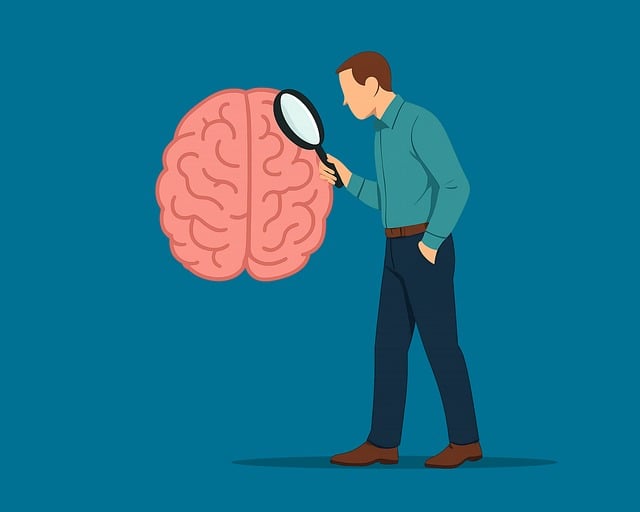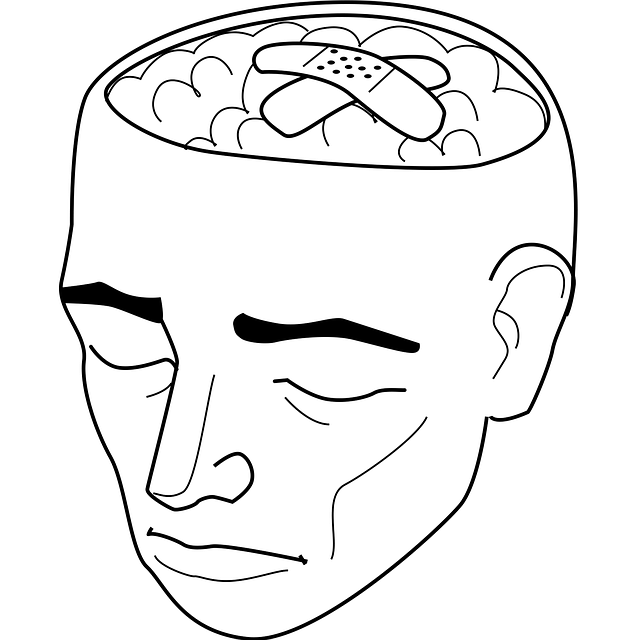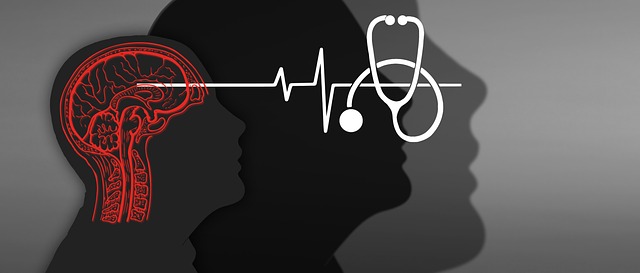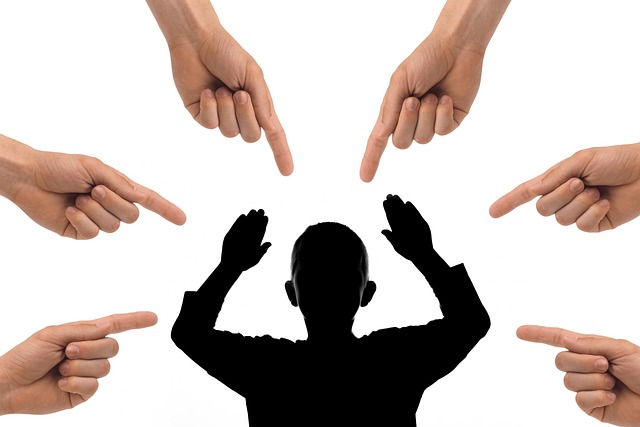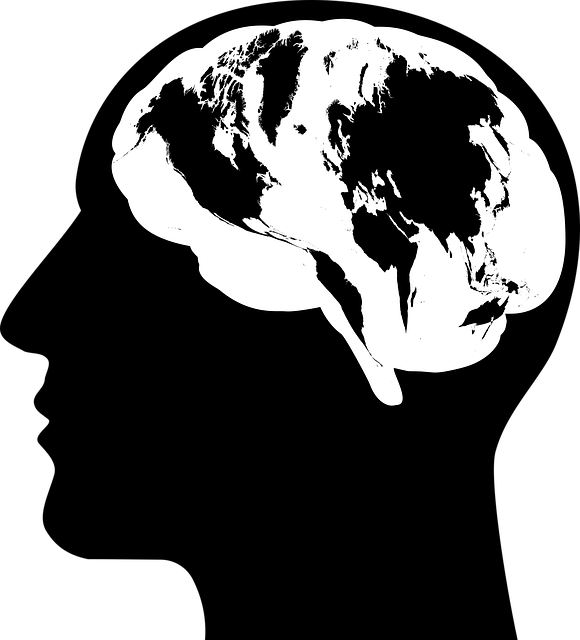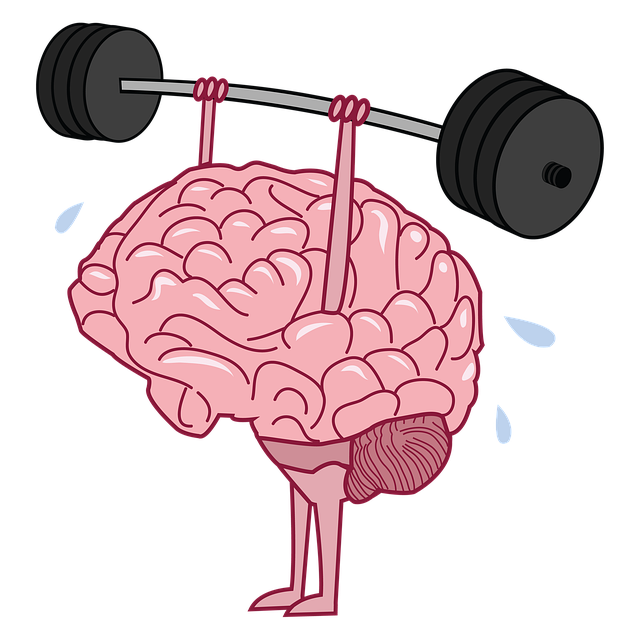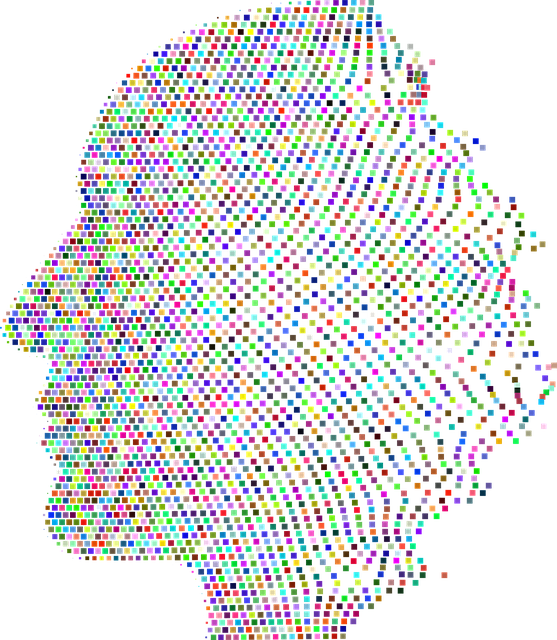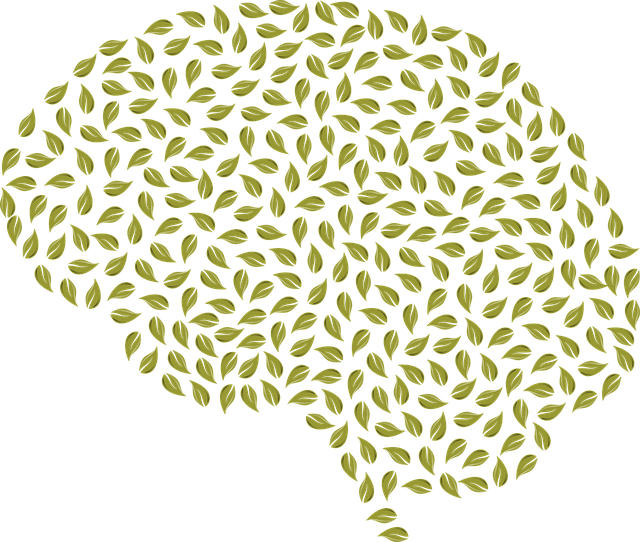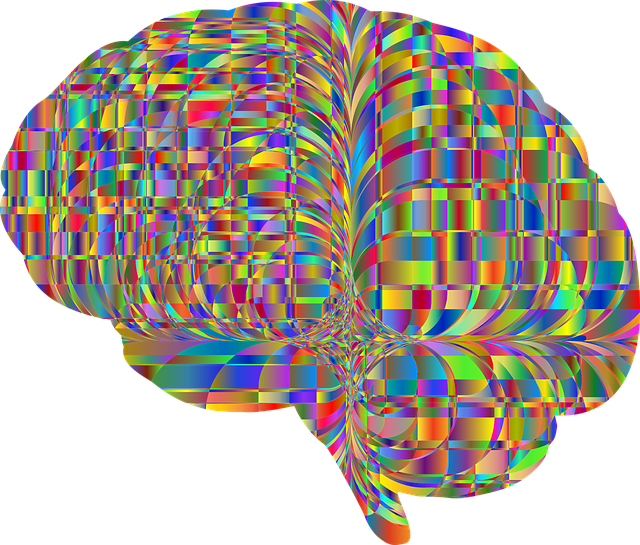In today's digital age, mental wellness apps are vital tools for supporting children's emotional well-being, addressing increased screen time and mental health concerns. Ideal therapy apps for kids should offer engaging interfaces, regular mental health evaluations, guided mindfulness exercises, and evidence-based therapies like Social Skills Training or Compassion Cultivation. Marketing strategies, including partnerships with reputable organizations, social media engagement, school collaborations, and community events, are crucial for connecting with young users. Robust risk management ensures data security, fostering trust in these apps designed to enhance children's mental health and well-being through effective therapy and evaluations.
Mental wellness apps are transforming the way we support children’s emotional well-being. With increasing screens time, these tools offer accessible and engaging solutions to address rising mental health concerns among youth. This article delves into the essential elements of developing effective therapy apps tailored for kids, from identifying key features to navigating technical considerations. We also explore marketing strategies and user engagement techniques to ensure these innovative resources reach those who need them most, facilitating positive mental health evaluations and interventions.
- Understanding the Need for Mental Wellness Apps for Children
- Key Features of an Effective Therapy App for Kids
- Development Process and Technical Considerations
- Marketing and User Engagement Strategies for Mental Health Evaluations Apps
Understanding the Need for Mental Wellness Apps for Children

In today’s fast-paced digital world, mental wellness apps are becoming increasingly important tools for supporting children’s emotional and psychological well-being. Children spend a significant amount of time on screens, engaging in online learning and social interactions, which can inadvertently contribute to elevated stress levels and mental health concerns. The need for therapy for children has never been more pressing, as modern life presents unique challenges that can impact young minds. Mental health evaluations play a crucial role in identifying issues early, ensuring timely interventions, and promoting healthy development.
Beyond individual assessments, the development of mental wellness coaching programs specifically tailored for children is a game-changer. These apps aim to foster mental health awareness among kids, encouraging self-care practices and emotional literacy. By integrating engaging activities, interactive games, and educational content, such applications can subtly reduce the stigma associated with mental illness and normalize conversations around emotional well-being. This innovative approach has the potential to revolutionize how children understand and manage their mental health in a digital age.
Key Features of an Effective Therapy App for Kids

An effective therapy app for kids should incorporate several key features to ensure its success in promoting mental wellness among younger users. Firstly, it must offer a user-friendly interface designed specifically for children, using vibrant visuals and engaging storytelling elements to make therapy sessions interactive and enjoyable. This not only helps in keeping the child’s attention but also aids in their understanding of various therapeutic concepts.
The app should facilitate regular Mental Health Evaluations through age-appropriate questionnaires and activities that assess a child’s emotional state, stress levels, and overall mental health. These evaluations provide valuable insights to therapists or parents, helping them track progress over time. Additionally, incorporating features like guided mindfulness exercises, compassion cultivation practices, and inner strength development activities can significantly contribute to the app’s therapeutic value. By promoting self-awareness, emotion regulation, and positive coping strategies, these features support the holistic development of children while aligning with the broader goals of Mental Health Policy Analysis and Advocacy.
Development Process and Technical Considerations

The development of a mental wellness app for children involves a meticulous process that blends technology with therapeutic practices. It begins with extensive research and design, tailoring features to meet the unique needs of young users. Developers must consider age-appropriate interfaces and engaging elements to encourage consistent use. The app’s effectiveness hinges on integrating evidence-based therapies, such as Social Skills Training or Compassion Cultivation Practices, alongside tools for emotional regulation.
Technical considerations are paramount. Developers must choose secure platforms to safeguard sensitive user data, especially during mental health evaluations. Privacy and consent mechanisms should be robust, adhering to regulations like GDPR or HIPAA. Additionally, app functionality needs to be cross-platform compatible, ensuring accessibility on various devices. A well-structured development process that incorporates these technical and therapeutic elements can lead to a powerful tool for enhancing children’s mental health and well-being.
Marketing and User Engagement Strategies for Mental Health Evaluations Apps

Marketing and user engagement strategies are pivotal for mental health evaluation apps to reach their target audience effectively. Given the sensitive nature of mental wellness, building trust is essential from the onset. Collaborating with recognized mental health organizations, professionals, and influencers can lend credibility and attract users seeking therapy for children. Leveraging social media platforms, partnerships with schools, and community events centered around mental health awareness can significantly broaden the user base.
Engaging users involves more than just downloading the app. Incorporating interactive features like mindfulness meditation exercises, inner strength development programs, and gamification elements can keep users engaged. Regular communication through newsletters, push notifications, and in-app challenges that encourage consistent use can foster a sense of community. Additionally, implementing robust risk management planning for mental health professionals ensures data security and confidentiality, addressing a critical concern for users and building long-term trust.
Mental wellness apps have emerged as powerful tools to address the growing need for therapy and mental health evaluations in children. By incorporating interactive features, engaging games, and personalized feedback, these apps offer a unique and accessible approach to supporting young minds. As the demand for such solutions continues to rise, app developers must focus on creating intuitive, child-friendly interfaces while ensuring data privacy and security. Effective marketing strategies that highlight the benefits of these apps can foster user engagement, making mental health evaluations more acceptable and accessible to children and their families.
